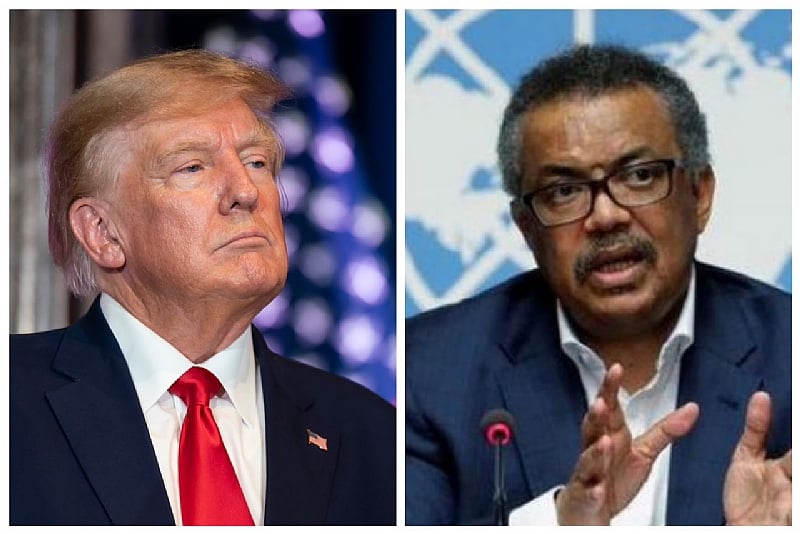The World Health Organization (WHO) has expressed deep concern and disappointment regarding the United States’ decision to withdraw from the organization, a move that jeopardizes decades of collaboration and shared progress in global health. The U.S., a founding member of WHO in 1948, has played a pivotal role in shaping the organization’s direction and governance, contributing significantly to landmark achievements such as the eradication of smallpox and the near-eradication of polio. WHO underscores the importance of continued U.S. engagement, emphasizing the nation’s critical contributions to global health initiatives and expressing hope for a reconsideration of the withdrawal decision. The organization emphasizes its commitment to constructive dialogue with the U.S. government, aiming to preserve the long-standing partnership and safeguard the health and well-being of millions worldwide.
The U.S. withdrawal represents a significant departure from its historical commitment to international health cooperation. For over seventy years, the nation has been a key player in WHO’s efforts to combat disease outbreaks, strengthen health systems, and promote global health security. The U.S. has not only provided substantial financial support to WHO but has also actively participated in shaping the organization’s policies and programs, working alongside 193 other member states to address pressing health challenges. This collaborative approach has been instrumental in achieving significant progress in improving health outcomes globally, demonstrating the power of international partnerships in tackling complex health issues. The decision to withdraw raises concerns about the potential disruption of ongoing health initiatives and the weakening of the global health architecture.
WHO highlights its dedication to operating in challenging environments where few other organizations can effectively function. The organization’s work often involves responding to disease outbreaks in resource-constrained settings, providing essential health services to vulnerable populations, and working to strengthen health systems in fragile states. The U.S. has been a crucial partner in supporting these efforts, providing expertise, funding, and logistical support to enable WHO to deliver essential health services in some of the most difficult and demanding contexts. The withdrawal threatens to undermine WHO’s capacity to respond to future health emergencies and to address the health needs of populations in vulnerable situations.
The reasons cited by the U.S. government for its withdrawal revolve around dissatisfaction with WHO’s handling of the COVID-19 pandemic, including allegations of undue influence from China. U.S. officials have criticized WHO’s initial response to the outbreak, questioning the organization’s transparency and its assessment of the severity of the virus. They have also expressed concerns about WHO’s perceived closeness to China, arguing that this relationship has compromised the organization’s objectivity and effectiveness in addressing the pandemic. These criticisms have led to a breakdown in trust between the U.S. government and WHO, ultimately culminating in the decision to withdraw.
WHO maintains its commitment to working with all member states, including the U.S., to address global health challenges. The organization emphasizes the importance of international cooperation and multilateralism in tackling complex health issues that transcend national borders. WHO stresses the need for evidence-based decision-making, transparency, and accountability in its operations, and remains committed to continuous improvement and reform. The organization acknowledges the concerns raised by the U.S. government and emphasizes its willingness to engage in constructive dialogue to address these concerns and rebuild trust. WHO believes that a strong and collaborative partnership between the U.S. and WHO is essential for advancing global health and ensuring the well-being of all people.
The future of the relationship between the U.S. and WHO remains uncertain. While WHO has expressed hope that the U.S. will reconsider its withdrawal decision, the U.S. government has not indicated any change in its position. The implications of the U.S. withdrawal are far-reaching, potentially impacting global health security, pandemic preparedness, and the delivery of essential health services to vulnerable populations. The international community urges both parties to engage in constructive dialogue and find a path towards continued collaboration in the interest of global health. A strong and effective WHO, supported by the active participation of all member states, including the U.S., is crucial for addressing the complex health challenges facing the world today.














